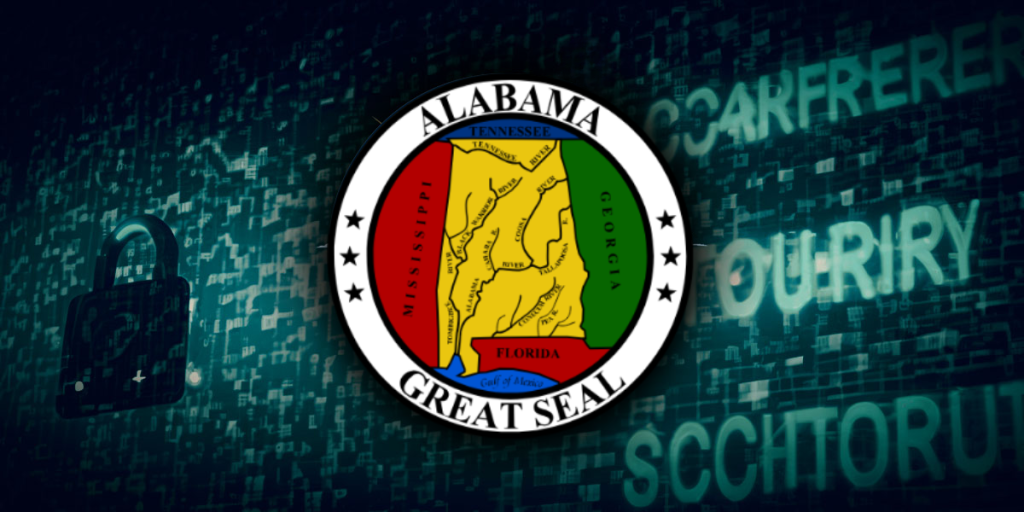Alabama families relying on Supplemental Nutrition Assistance Program (SNAP) benefits are increasingly vulnerable to Electronic Benefit Transfer (EBT) fraud. According to the Alabama Department of Human Resources (DHR), more than $5 million has been stolen from Alabama SNAP recipients over the past few months. Unfortunately, federal reimbursement for stolen benefits ended on December 20, 2024, leaving victims with little recourse and forcing many to turn to local food banks for help.
Before the policy change, individuals who could prove their EBT accounts had been compromised through skimming, cloning, or similar fraud were eligible for reimbursement. However, that protection expired when Congress failed to renew authorization for replacing stolen SNAP benefits.
Crystal Trussell from Marshall County knows the impact of EBT fraud all too well. Nearly two years ago, she enrolled her elderly mother in the SNAP program to help ease financial burdens. For a while, the program worked as intended—until her mother’s EBT card was compromised.
“The EBT card got hacked,” Trussell told WAAY 31. “After some investigation, we found out it was hacked the morning her benefits were added to her card—from New York.” She explained that someone had drained the funds at high-end delis in New York, taking several hundred dollars intended for her mother’s groceries.
Unfortunately, this wasn’t an isolated incident. Trussell said her mother’s benefits were stolen twice in December and six more times in January. When she reported the additional thefts, she received an unexpected response.
“They told us they would no longer be returning anybody’s stolen benefits whatsoever,” Trussell said
As of December 21, 2024, the Alabama Department of Human Resources can no longer process reimbursements for stolen SNAP benefits, including those lost in previous months. Instead, victims like Trussell’s mother are being referred to local food banks for assistance.
“We live in a very rural area,” Trussell said. “I’ve never dealt with a food bank, but I imagine there’s not enough to feed the number of people who need help.”
In Trussell’s case, she is grateful she can support her mother financially. But she worries about others who don’t have a safety net. “Things are only going to get harder for those people,” she warned.
Determined to protect her mother’s remaining benefits, Trussell has developed a strategy.
“I’m not going to activate her card until the day she gets her benefits and goes to the grocery store. Then I’ll cancel that card and order a new one,” she said. “I think that’s going to be the only way to protect them—if it even does.”
The Alabama Department of Human Resources offers additional tips for safeguarding EBT cards. According to its website, if you believe your EBT card has been compromised or notice unauthorized transactions, change your PIN immediately and visit your local DHR office for assistance.
Unfortunately, Trussell’s story is not unique. EBT fraud is an increasing problem across Alabama and the nation, affecting some of the most vulnerable members of the population.
While Alabama has taken steps to combat theft, including encouraging recipients to change their PINs regularly, the lack of reimbursement leaves many families without a safety net. In the meantime, the hope for a more permanent solution remains uncertain, leaving countless families to face an already difficult situation with even fewer resources.
Sherri Blevins is a writer for Mountain Valley News and a staff writer for Yellowhammer News. You may contact her at [email protected].













